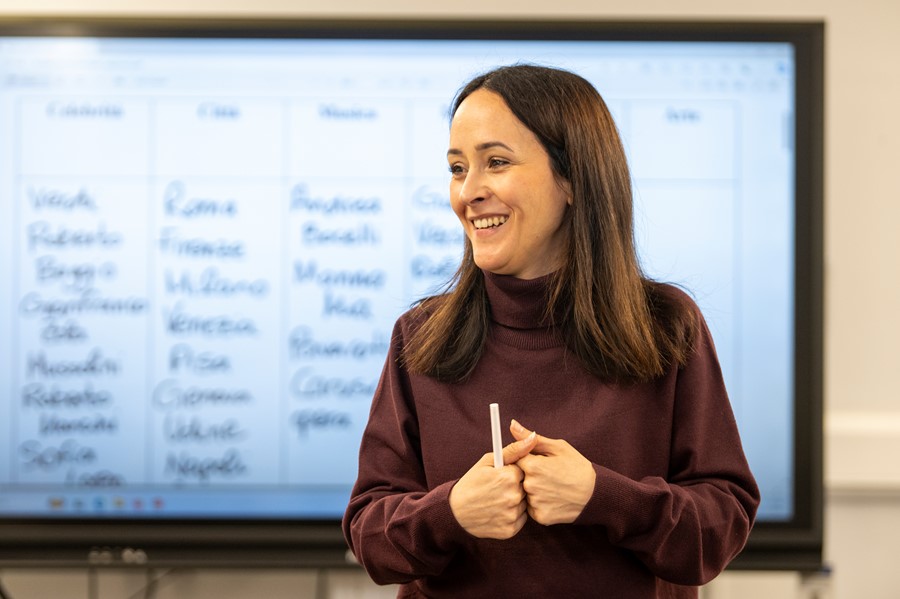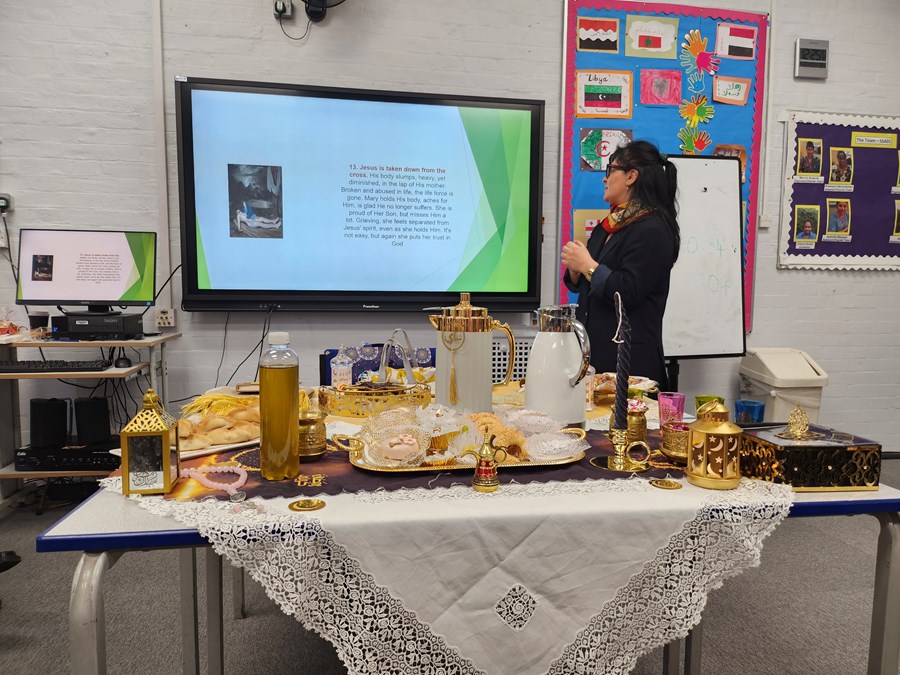What will the course Cover?
Unit 1 – Promote children and young people’s positive behaviour. Learner Outcomes: Understand policies and procedures for promoting children and young people’s positive behaviour. Be able to promote positive behaviour. Be able to manage inappropriate behaviour. Be able to respond to challenging behaviour. Be able to contribute to reviews of behaviour and behaviour policies. Unit 2 – Support Children and Young People’s Health and Safety Learner Outcomes: Understand how to plan and provide environments and services that support children and young people’s health and safety. Be able to recognise and manage risks to health, safety and security in a work setting or off-site visits. Understand how to support children and young people to assess and manage risk for themselves. Understand appropriate responses to accidents, incidents emergencies and illness in work settings and off-site visits. Unit 3 – Communication and professional relationships with children, young people, and adults Learner Outcomes: Understand the principles of developing positive relationships with children, young people, and adults. Understand how to communicate with children, young people, and adults. Understand legislation, policies and procedures for confidentiality and sharing information, including data protection. Unit 4 – Develop professional relationships with children, young people, and adults. Learner Outcomes: Be able to develop professional relationships with children and young people. Be able to communicate with children and young people. Be able to develop professional relationships with adults. Be able to support children and young people in developing relationships. Be able to comply with policies and procedures for confidentiality, sharing information and data protection. Unit 5 – Promote equality, diversity, and inclusion in work with children and young people. Learner Outcomes: Be able to promote equality and diversity in work with chil
Who is this course for?
This qualification is aimed at learners working in roles that offer specialist support for pupils’ learning in primary, secondary or special schools, as well as colleges. It is also aimed at: Individuals seeking a career as a teaching assistant. Professionals currently working in schools who want to gain a formal qualification. Career changers looking to enter the education sector. Parents or caregivers interested in supporting children's learning.
What skills, knowledge or experience do I need to start this course?
Have reading and writing skills adequate to meet the requirements of the qualification and be able to complete the written assessments to a good standard. Be working in an appropriate school for a minimum of 12 hours per week or 50 hours over the duration of the qualification. This can include voluntary or unpaid work.
What should I be able to do by the end of the course?
Completing this course will qualify you for roles such as Teaching Assistant, Learning Support Assistant, or SEND Support Worker. You may also progress to higher qualifications like the Higher Level Teaching Assistant (HLTA) Course or further studies in education and childcare.
How is the course organised?
This course is delivered face to face with classroom attendance, with access to expert tutor support and a range of digital resources. You’ll gain hands-on experience through a compulsory work placement, applying your knowledge in a real-world school environment.
How will my progress be assessed?
Assessments are a great way of checking your progress allowing you to apply your learning to real-world situations. Through the Level 3 Diploma in Specialist Support for Teaching & Learning in Schools (RQF) Qualification, you will be assessed by a series of written assignments and classroom observations, which are submitted to and marked by your Assessor. All assignments are set by NCFE Upon verification of the activities, exercises and assignments, a certificate of achievement will be awarded by NCFE as confirmation that your written work has met all the learning outcomes and assessment criteria for the course. Please Note: a work placement of at least 150 hours is required to complete this option. This workplace MUST be in a school setting. This can either be a primary, secondary, or special school, however you MUST also ensure that the pupils you work with are aged 5+ and are studying at Key Stage 1 or above. As part of this work placement, you must first ensure that a member of staff with occupational competence is able to provide supervision and sign the witness testimonies, to prove you have achieved the work-based learning outcomes of this course. You will also be observed by a qualified assessor from the centre at the workplace. Please note: There is no examination required for this course.
What can I expect to go on to after this course?
The Level 3 Diploma in Specialist Support for Teaching and Learning in Schools (RQF) Qualification is to enable you to gain your recognised Teaching Assistant qualification. It is designed to help you work in both SEND schools or working with SEND children. It will also enable you to work towards becoming a HLTA.
Are there any other costs and what do I need to bring?
A pen and notebook, a file folder to store handouts.
What support is available?
To gain the maximum benefit, you should read recommended books and websites, and practice the topics covered during the class each week – the more you practice and research, the faster your skills and knowledge will improve. Computer access is available at Study Support sessions at Macbeth centre, or at your local library.


